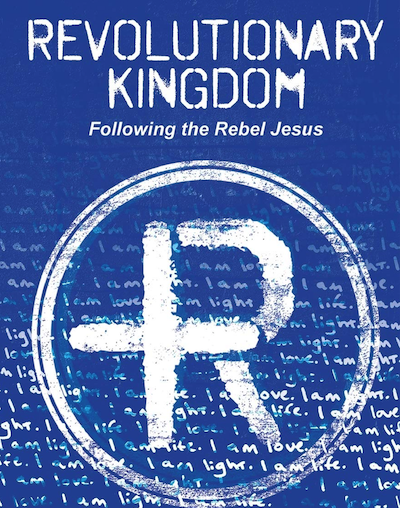
In 2013, the controversial Black Lives Matter movement had its genesis as a hashtag after George Zimmerman was acquitted for killing 13-year-old Trayvon Martin the year before. The movement was further fueled in 2014, when two more stories of African-American men dying through police action made the national news—Michael Brown in Ferguson, Missouri and Eric Garner in New York City. Soon it seemed as if each new day’s headline featured a black man dying a violent death, and new protests. This year, 2020, has certainly been no exception, with the deaths of Ahmaud Arbery, George Floyd and others. Black women, like Breonna Taylor, have also not been exempt.
The plea of “Why can’t we all just get along?” is perhaps better stated, “Why can’t we all just begin to work on understanding each other?” Consider some statistics that show how differently blacks and whites in the U.S. experience discrimination. In 2017, the Public Religion Research Institute (PRRI) indicated, not surprisingly, that nearly 90 percent of black Americans believe there is a great deal of current discrimination against blacks in America. Only 49 percent of white Americans agree. Forty-three percent of Republicans polled even felt whites are more likely to experience discrimination in the U.S. than are blacks.
The U.S. Census has projected that by 2043, non-white races will form the majority of the U.S. population. A PRRI poll revealed more than half of white evangelical Protestants view that impending shift in majority as a negative development.
Why are so many of us who are white Christians fearful? What drives us to see ourselves as victims or losers in a zero-sum game instead of remembering we are part of the kingdom of God – a God of unlimited resources who is by, for, and about all God’s people – regardless of color or political affiliation?
Robert P. Jones, who founded PRRI, published The End of White Christian America in 2017. He noted eighty percent of white evangelicals and eighty-five percent of white mainline Protestants have completely white social networks. How as a church will we ever defeat the evils of racism if we never sit down to dinner with someone who is a different color than us?
Jones also notes the number of white evangelicals is steadily declining while evangelicals of color are not sharing the same fate.
At this point, I can choose to be fearful about that shift, or I can choose to reach out and celebrate this new thing God is doing. I can connect with all my sisters and brothers, regardless of color, to be a community of light in a world God so loves. But, I can’t do that without:
- Taking a position of humility, a position where I do more listening than speaking, more learning than teaching – and neither can you.
- Working harder to desegregate ourselves. Although diversity appears to be increasing in our churches, where Sunday morning has been described as the most segregated hour in America, we still have a long way to go. Eight in ten American church-goers still worship at a site where a single ethnic or racial group makes up 80 percent of the congregation.
We can’t get to know each other better if we’ve never met in the first place.
*Blog excerpted in part from Revolutionary Kingdom: following the Rebel Jesus.
Mike Slaughter, pastor emeritus and global church ambassador for Ginghamsburg Church, served for nearly four decades as the lead pastor and chief dreamer of Ginghamsburg and the spiritual entrepreneur of ministry marketplace innovations. Mike is also the founder and chief strategist of Passionate Churches, LLC, which specializes in developing pastors, church staff and church lay leaders through coaching, training, consulting and facilitation services. Mike’s call to “afflict the comfortable” challenges Christians to wrestle with God and their God-destinies. Mike’s latest book Revolutionary Kingdom: following the Rebel Jesus is available on Amazon and Cokesbury.
 Mike Slaughter
Mike Slaughter